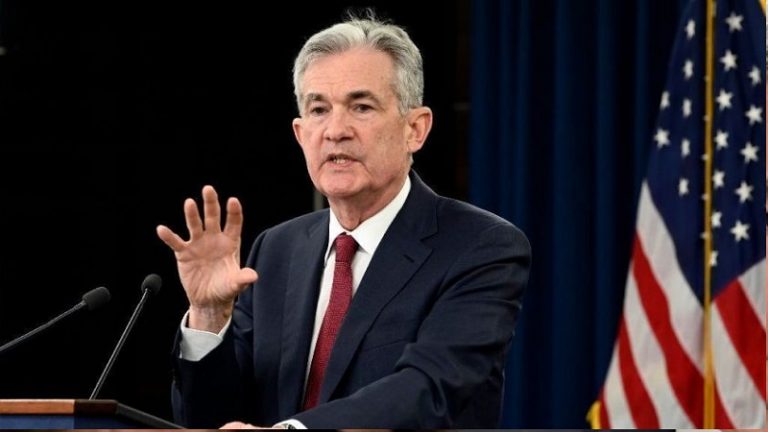
Elon Musk’s recent comparison of the US Federal Reserve to the board game Monopoly has sparked a lively debate on social media and among financial analysts. The Tesla and SpaceX CEO’s analogy suggests that much like the game’s bank, the Federal Reserve can never go bankrupt and can always print more money. This comment comes at a time when discussions about monetary policy, inflation, and currency devaluation are at the forefront of economic discourse.
The Federal Reserve, often referred to as the Fed, is the central banking system of the United States and is responsible for implementing the country’s monetary policy. The comparison to Monopoly is particularly poignant because it highlights the Fed’s ability to influence the economy by controlling the money supply. In the game of Monopoly, the bank has an unlimited amount of money at its disposal, and if it runs out, players can simply create more using slips of paper. Musk’s analogy draws a parallel to the Fed’s practice of quantitative easing (QE), where it buys securities to inject money into the economy, a strategy that some critics argue could lead to inflation if not managed carefully.
Financial analysts have weighed in on Musk’s comments, with some advocating for investment in alternative assets like Bitcoin, gold, and silver. Michaël van de Poppe, a well-known figure in the cryptocurrency space, has urged investors to buy these assets in anticipation of the resumption of QE. Similarly, economist Peter Schiff predicts a significant increase in the prices of precious metals and advises them as hedges against inflation. Schiff, however, remains skeptical about Bitcoin, referring to it as “dead money.”
Register for Tekedia Mini-MBA edition 19 (Feb 9 – May 2, 2026): big discounts for early bird.
Tekedia AI in Business Masterclass opens registrations.
Join Tekedia Capital Syndicate and co-invest in great global startups.
Register for Tekedia AI Lab: From Technical Design to Deployment (next edition begins Jan 24 2026).
Musk’s statement has resonated with many who are concerned about the long-term implications of the Fed’s monetary policies. The fear is that excessive money printing could devalue the currency and lead to inflation, a scenario that some believe is already unfolding. The US debt nearing 106% of GDP further exacerbates these concerns.
The discussion around the Fed’s monetary policy is complex and multifaceted. On one hand, QE and other monetary tools can stimulate economic growth and help manage economic downturns. On the other hand, there is a risk that these tools could lead to unintended consequences if not used judiciously. Musk’s Monopoly analogy serves as a simplified representation of these concerns, encapsulating the fears of unchecked monetary expansion and its potential impact on the economy.
As the debate continues, it’s clear that Musk’s comments have struck a chord with a global audience, prompting a broader conversation about the role of central banks, the nature of money, and the search for stable investments in uncertain economic times. Whether his comparison will lead to any changes in policy or public perception remains to be seen, but it has undoubtedly contributed to an important dialogue about the future of monetary policy.


